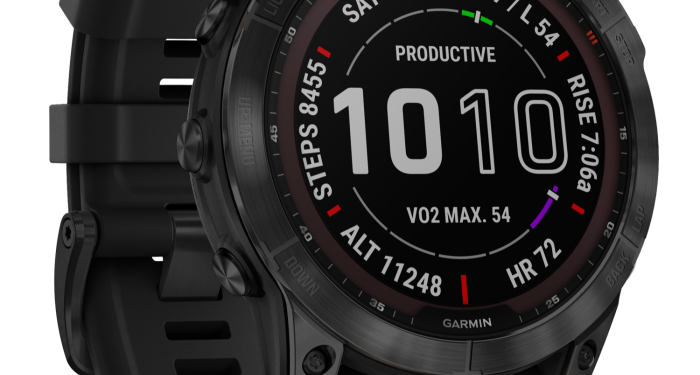Huawei may be in decline, but other leading Chinese handset makers — Xiaomi, Oppo, Vivo, Realme and Honor — are becoming significant forces behind Apple and Samsung in smartphone shipments, with a major presence expected at Mobile World Congress in Barcelona at the end of the month.
But according to the EU, they are enjoying huge cost advantages because of Chinese courts pricing patent licences at half the levels paid in the west.
Andy Bounds reports from Brussels that the EU is taking China to the World Trade Organization for alleged patent infringements that are costing its companies billions of euros. Businesses, including Sweden’s Ericsson and Finland’s Nokia, have lost money after China’s supreme court banned them from protecting their patents by securing licensing deals in foreign courts.
Instead, they must use Chinese courts to set licensing deals, or face huge fines. It means non-Chinese handset makers are at a competitive disadvantage when setting their prices and foreign suppliers of tech are losing out on licensing fees.
The US and Japan have also expressed concerns and are expected to join the EU’s request for WTO consultations. China has 60 days to respond after which Brussels could ask for a dispute settlement panel to rule on the matter.
Meanwhile, other Chinese tech companies are suffering from tighter regulation at home. Meituan, which has about 70 per cent of China’s food delivery market, shed $26bn in value on Friday after regulators said they would push to lower the fees food platforms can charge restaurants for delivery.
The announcement by China’s state planner, the National Development and Reform Commission, and 13 other agencies came in a package of proposals to help the country’s struggling service industry. The body said it would “guide” delivery platforms to “take another step to lower the service fees charged to restaurants in order to lower their operating costs”.
The Internet of (Five) Things
1. Tesla accuses SEC of ‘harassment’
Tesla says the US Securities and Exchange Commission has gone “beyond the pale” in “harassing” its chief executive Elon Musk over his compliance with a 2018 agreement on his use of social media. It’s the latest salvo in a lengthy dispute between Musk and the US stock market regulator.
2. DAZN recapitalises, ViacomCBS renames
Billionaire investor Len Blavatnik has agreed a $4.3bn recapitalisation of sports streaming platform DAZN that will make the lossmaking company debt free, as it targets new revenue streams in betting and non-fungible tokens. Meanwhile, ViacomCBS, which was this week renamed Paramount, faces growing doubts over its ability to compete with larger digital rivals.
3. Palantir is latest tech stock to plunge
Uninspiring guidance and ongoing lack of profit from Palantir are taking their toll, says Lex. On Thursday, the share price of the data analytics firm fell 16 per cent on a larger than expected net loss. On an enterprise value/sales ratio, it is back to the level it was when it listed in late 2020.
4. Aria’s new hire high note
Dominic Cummings’ obsession with creating a British version of the Advanced Research Projects Agency — the US technology funding agency that helped inspire the internet and GPS — still casts a spell over Whitehall even after his departure, writes John Thornhill. And the government has just landed something of a coup by hiring Peter Highnam, the highly regarded deputy director of Darpa (the successor to Arpa), as the first chief executive for the UK project (Aria).
5. Crypto now a G20 concern
Ahead of the meeting of G20 leaders, Gillian Tett writes that while cryptocurrencies have hitherto not posed any systemic financial risk, there are other concerns. These range from the pseudonymous, borderless nature of crypto markets to the potential for contagion between those markets and traditional ones posed by the rising popularity of stablecoins.
Tech tools — Garmin Fenix 7
Fergus Scholes rates Garmin’s fitness tracker (prices from £599.99) as the best ultimate all-round multisport one, among nine that he reviews for How To Spend It. It has many uses: from sleep and activity tracking (steps, floors and calories), to advanced settings for training and navigation, to everyday phone notifications, payments and Spotify.
The new touchscreen makes changing data fields within an activity much simpler and the largest 7X version of the watch (£779.99) has a new integrated torch that’s really powerful. The optional integrated solar charging enhances an already impressive 11-day battery life and the watch can be used in the water to depths of 100 metres. It’s also equipped with the best GPS accuracy available, plus the brand’s fourth-generation heart rate sensor with Pulse Ox, which records oxygen saturation levels.











